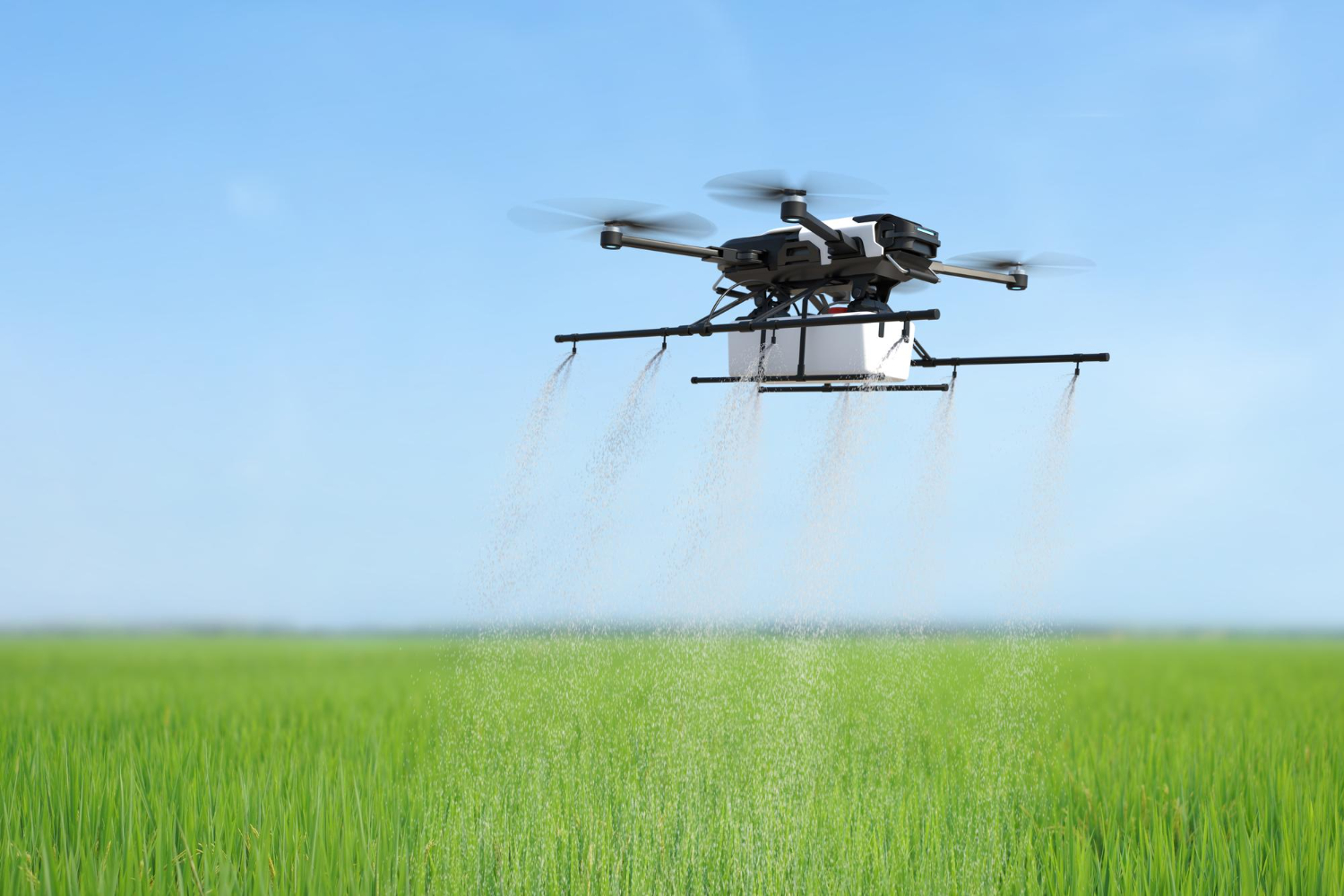On the RoundUp

Introduction
On the RoundUp: Herbicide Vs. Pesticide: What's More to Unearth?
Roundup herbicide, one of the world's renowned and topmost selling herbicide, was once considered a blessed boon for the agriculture fields around the world. It ruled the market as an emperor from the mid-70s till the unveiling of certain hidden facts in 2013 that affected its growth. Monsanto, a U.S. company and manufacturer of Roundup, patented Glyphosate in 1970 which expired in 2000 in the U.S. and outside the U.S. in 1991. The sales figure touched US$6.5 billion till 2010. In the year 2011, around 650,000 tons of glyphosate products were used globally. Observing this trend, it was predicted that Roundup sales would double by 2017.
It seemed unbelievably true, till the world woke up to an email sent in March 2013 by a scientist, now no more, which blew the cover off glyphosate and its harmful effects. This can be considered as a possible beginning to the end of Roundup and its torturous fangs. The email composer, Ms. Marion Copley, a senior toxicologist at Environmental Protection Agency (EPA), wrote to her colleague Mr. Jess Rowland about the carcinogenic attributes of glyphosate which were kept hidden from the public knowledge due to Monsanto's powerful reach, even inside the EPA. This exposure was strong enough to begin a series of research, probes, investigations, and allegations.
Serious integrity allegations have been pointed at Monsanto, accusing it of meddling with the research study and peer review reports. However, many important documents have been unsealed following an order by a federal court favoring the U.S. Right to Know Act. All the fingers point at Monsanto, alleging the company of keeping crucial data under wraps, not disclosing the carcinogenic risks associated with glyphosate as well as misrepresentation of Roundup as a completely safe product causing no harm to humans and environment. However, Monsanto still stands its ground, claiming glyphosate has no risks to human health or to the environment.
The corrupt intentions of a few have also resulted in EPA receiving a public backlash as evidence points out that this regulatory body compromised on its values and principles and was a mere puppet in the hands of Monsanto, certifying Roundup as a ''possible'' and not ''probable human carcinogen.''
Finally, in March 2015, the cancer research arm of the World Health Organization (WHO) announced that there was a probable link between glyphosate and Non-Hodgkin lymphoma and other forms of cancer; the International Agency for Research on Cancer (IARC) labeled it as a category 2A- product, meaning probably carcinogenic. This was based on epidemiological studies, animal studies, and in vitro studies as the designation is applied when there is limited evidence of a product's carcinogenicity in humans but sufficient evidence of carcinogenicity in experimental animals. This mainly covered cancer when a person was exposed to the product while spraying, mixing, cleaning or coming in contact by touching, etc.
Monsanto reciprocated to this by launching a campaign, discrediting the research by IARC.
Glyphosate and NHL
Glyphosate is an organophosphorus compound, used to kill weeds, especially annual broadleaf weeds, woody plants and grasses that compete with crops. It is soluble in water to 12 g/l at room temperature and has been used extensively in farms, likewise in urban areas too. IARC studies have found a correlation between occupational exposure to glyphosate formulations and increased risk of cancer of different types: thyroid, liver, bladder, pancreatic, kidney, myeloid leukemia, and non-Hodgkin lymphoma (NHL) topping the list.
NHL is a cancer of the white blood cells called lymphocytes which are a part of the body's immune system. Lymphocytes are divided into B and T cells. In the U.S., cancer of the B- cells is more common than T-cell cancer. Depending on the location of origin, there are different kinds of NHL. The treatment of each type differs, the reason why a doctor first needs to confirm this before initiating the treatment. The treatment also differs depending on the rate of growth of the lymphoma cells. Tasigna (Nilotinib), manufactured by Novartis, is a tyrosine kinase inhibitor, which was approved by FDA for the treatment of imatinib-resistant chronic myelogenous leukemia on October 29th, 2007.
Irrespective of the origin, the lymphoma eventually begins to spread and attack the cells of other parts of the body, such as the bone marrow, brain or liver.
Depending on the type, stage, and the personal health of the patient the following treatment procedures are covered: Chemotherapy, Immuno-therapy, Targeted therapy, Radiation therapy, Stem cell transplant, etc. A number of doctors and specialists may also have to be consulted. Once the treatment is over, the survivors have to live a life in constant fear of the cancer recurrence with scheduled follow-ups to track the health status. NHL carries with it the risk of causing other cancers too.
Herbicide Vs. Pesticide
Monsanto claimed glyphosate attacks an enzyme found only in plants and not in humans or animals, labeling it as an 'herbicide'. Surprisingly, research shows that the very enzyme is also found in humans and animals and glyphosate also destroys the good microbes found in the stomach giving rise to a number of health issues. Cases have been filed in the state of California alleging Monsanto for false advertising of Roundup as an herbicide and not a pesticide.
MDL Formation
As the news of the cancer link spread among glyphosate users, many farmers, gardeners, landscapers, etc., basically, people who were affected by the so-called herbicide came forward and filed lawsuits claiming they developed cancer because of Roundup.
All these cases have become a part of a Multi-District Litigation (MDL No. 2741) to be overseen by U.S. District Judge Vince Chhabria in the Northern District of California.
This Mass Tort litigation has not only raised doubts about the safety of Roundup but also dragged the senior authorities and responsible regulatory bodies who supported in bringing such an ambiguous product to the market.
For more information, on other Mass Torts please click here. You may email us at info@neuralit.com or call +1-844-NIT-TEAM (648-8326).




